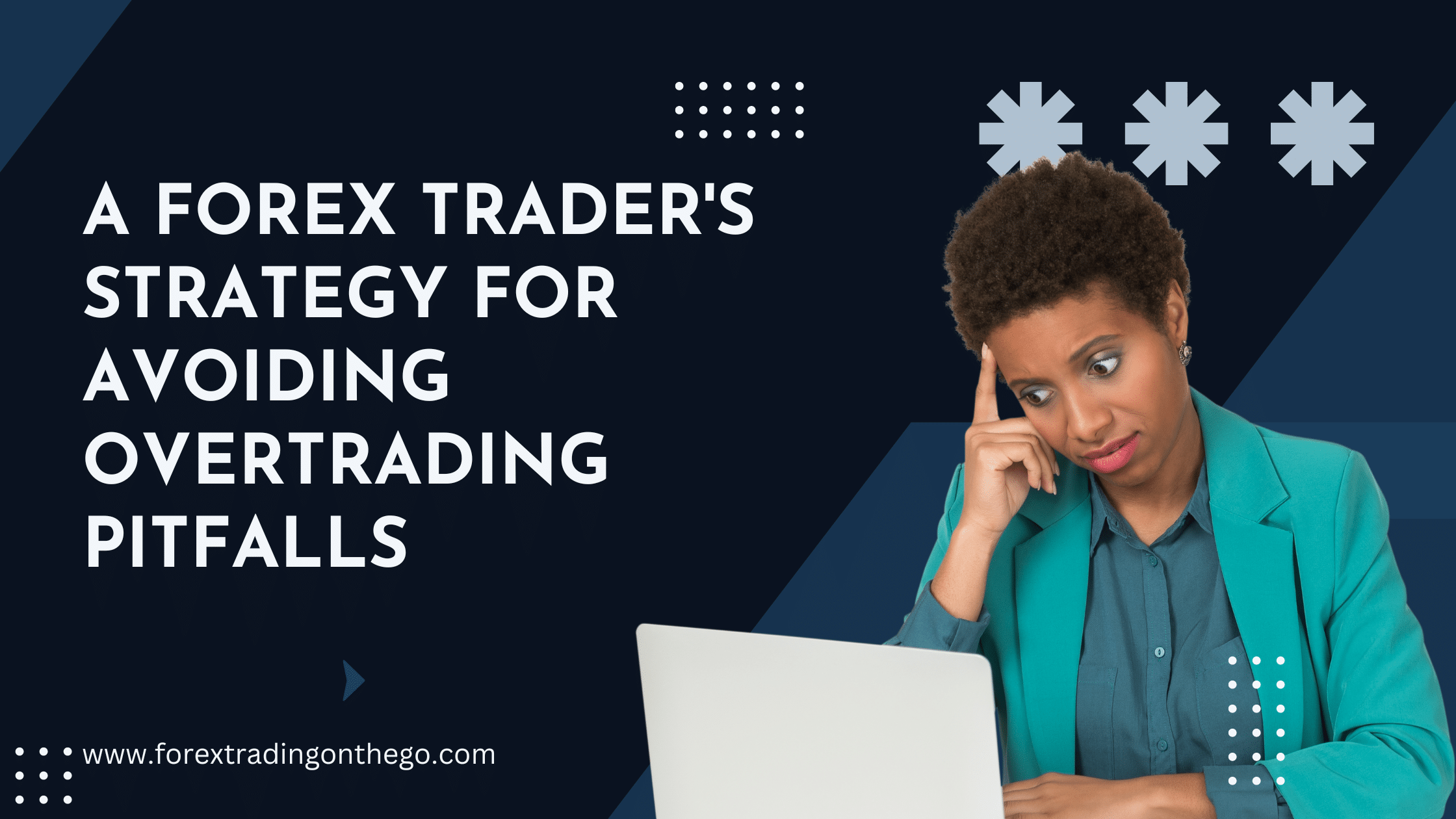“To err is human,” and indeed, forex traders are not exempt from making mistakes—they are only human, after all. Among the plethora of errors one might encounter in their trading journey, there’s one common pitfall that unites them all: over-trading.
Many of us have fallen into this trap at some point. Yet, acknowledging its prevalence isn’t sufficient; we must take action to overcome this challenge. This post aims to do just that, offering insights on how to navigate and avoid the over-trading pit. Read on for more.
Are You Overtrading?
After learning that overtrading is a widespread mistake, you might be questioning whether you’re guilty of it yourself. This uncertainty is precisely why this issue is so pervasive.
It’s easy to stumble into a pit when you’re unaware it even exists. Overtrading behaves like a stealthy thief, catching you off guard when you least expect it, much like a shadowy figure lurking in a dim alley at night.
No trader worth their salt would willingly engage in overtrading, as it often leads to unnecessary and ill-timed losses.
Unfortunately, even the most vigilant traders can fall victim to this sneaky trap.
Scenario 1
Consider this scenario: you’re new to Forex trading and have made a commitment to yourself not to take any risks until you fully grasp the nuances of price action trading on daily charts. However, it’s easy to deviate from this plan and find yourself spending more time analyzing lower time frames. This is the trap set by the thief, and once you fall into it, overtrading becomes inevitable.
Lower time frames often present trade setups with lower probabilities of success compared to daily charts. While such setups may be scarce on your daily charts, focusing on lower time frames can deceive you into taking unnecessary risks. If you continue down this path, your trading account will inevitably suffer due to overtrading.
Scenario 2
At times, it’s not the thief but your own emotions that overpower you. You might feel an unwarranted sense of euphoria after a recent profitable trade. However, success, much like alcohol, can impair your judgment. Just as you must control your alcohol consumption, you must also exercise restraint in trading.
Experiencing success in a recent trade is no excuse to abandon caution and dive into overtrading. Forex trading is not a game of chance where luck alone ensures victory.
Both scenarios exemplify situations in which even experienced traders can succumb to overtrading. Remember, emotions and a lack of knowledge form a perilous combination capable of disrupting anyone or anything.
Avoid trading when emotions hold sway over you. Instead, develop your trading plans and strategies when you can distance yourself from the market’s volatile influences and the active trading environment.
Having diagnosed the problem, it’s crucial to prevent it from recurring in the future. Here are some practical tips to help you achieve that.
Strategize for Success, Not Failure
 The journey to success in Forex trading begins with meticulous planning. With a well-crafted trading plan to steer your decisions and actions in the market, the temptation of over-trading diminishes significantly. However, crafting a plan is only the first step. It’s crucial to make a steadfast commitment to adhere to your plan under all circumstances.
The journey to success in Forex trading begins with meticulous planning. With a well-crafted trading plan to steer your decisions and actions in the market, the temptation of over-trading diminishes significantly. However, crafting a plan is only the first step. It’s crucial to make a steadfast commitment to adhere to your plan under all circumstances.
Stay Targeted
Ever pondered the distinction between a machine gunner and a sniper? Though both wield firearms, their approach to focus and precision couldn’t be more disparate. A machine gunner may seem erratic or desperate, possessing a weapon without a clear strategy. They unleash rounds, and the gun dictates the outcome, targeting anything in its path.
Conversely, a sniper belongs to a different breed entirely. They invest days, months, even years honing their craft, mastering the art of precision shooting. When they take aim, they wield absolute control over their firearm, hitting only their intended targets. As a Forex trader, aspire to be the sniper. Trade with precision, not recklessness. Don’t let the trade dictate terms; assert your control, steering it toward your desired outcome.
Prioritize Quality Over Quantity
 The adage “less is more” holds true, especially when it comes to analyzing charts, comparing currencies, studying indicators, or understanding the market. Engaging in information overload can be counterproductive, potentially leading to increased losses.
The adage “less is more” holds true, especially when it comes to analyzing charts, comparing currencies, studying indicators, or understanding the market. Engaging in information overload can be counterproductive, potentially leading to increased losses.
When bombarded with excessive data or information, your ability to interpret it effectively diminishes. This influx of information may result in fabricating signals and indications that aren’t grounded in reality, ultimately leading to over-trading without even realizing it.
Over-trading is a perilous habit, and excessive information consumption can often contribute to its development. Thus, it’s essential to prioritize quality over quantity in your trading endeavors.


